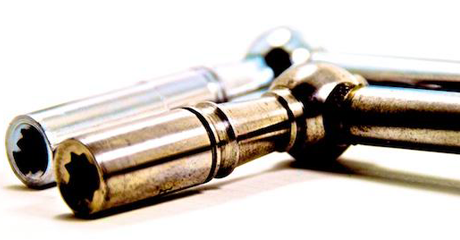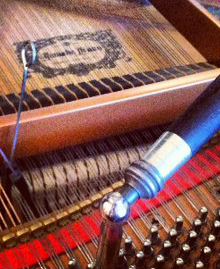Skilled piano tuning services
With many years in the piano industry, Chuck has had the experience necessary to fine-tune his ears to be sensitive to tuning your piano just right. The final steps of tuning involve cross checking each note and string by using harmonic measurements like thirds, fifths, and octaves.
Although pianos can have the same make and model, there are many subtle differences which make every piano unique. Only a skilled piano technician can read these nuances and adjust accordingly.

Get your piano tuned regularly
Because pianos are made out of wood, their makeup can expand or contract according to the humidity of the areas they are stored in. When the wood expands or contracts, this can cause the pitch to sound sharp or flat.
Because of this, it is recommended that you get your pianos regularly tuned. Tuning schedules highly depend on where the pianos are stored, since humidity and constantly changing temperatures can cause the pitches to change drastically.
Follow the recommended piano tuning schedule for optimal results
If your piano is stored in an environment with fluctuating temperature and humidity levels (like a church), the recommended regular tuning schedule is every 3 to 6 months.
For a piano stored in an environment with stable temperatures and humidity levels (like at home), the recommended regular tuning schedule is every 6 to 12 months. The more demands there is on the piano, the more often it should be tuned. Concert pianos should be tuned monthly, especially before each performance.
Don't pick a second-rate piano tuner to do a job that requires much attention to detail — choose Cook's Piano Service!
Call now to schedule a visit from us to tune up your piano!

